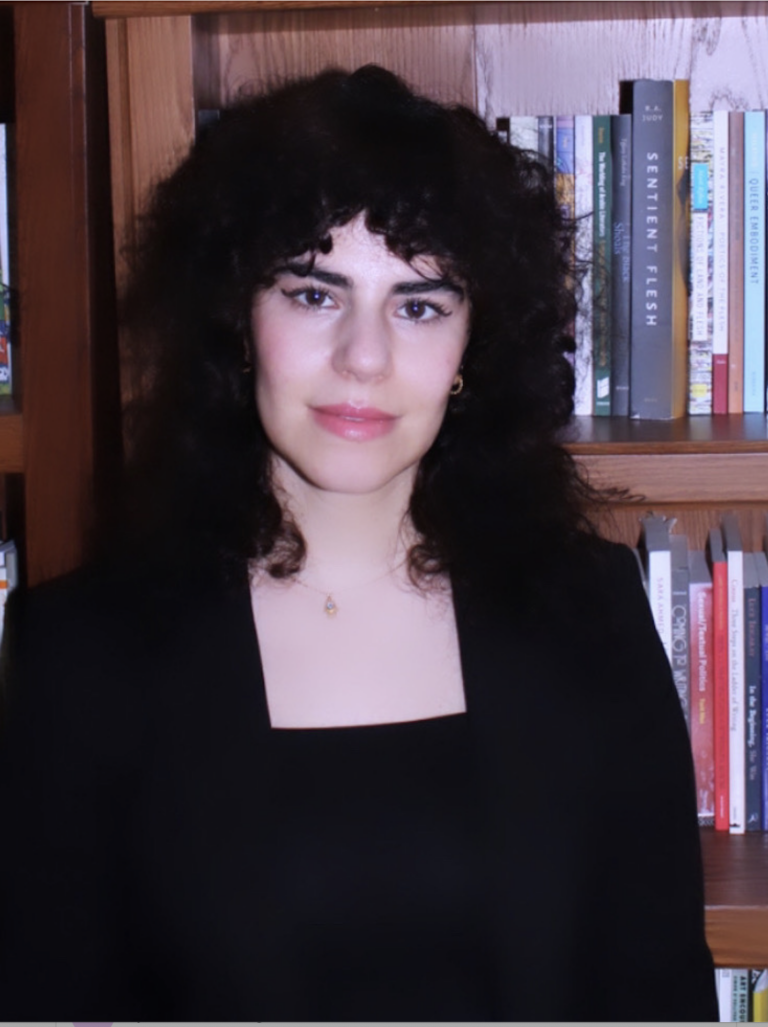
Graduate Fall 2023: Hanan Al-Alawi
Comparative Literature and Women’s, Gender, and Sexuality Studies
In my project, I explore the literary contributions of six dispossessed Arab and Persian writers who have reframed the literary scene in the Arabian/Persian Gulf since the late 1980s. Taking the crisis of social reproduction as my point of departure, I navigate the inherent contradictions in the social reproduction of bodies, as both the condition of possibility of capital accumulation, and the catalyst to destabilizing the very system on which neoliberal capitalism relies. Focusing on different literary genres written in the aftermath of the Islamic Revolution in Iran and the Arab Spring in Kuwait and Iraq,I examine the role of literature in navigating forms of violence through bodily depictions of trauma and embodied acts of resistance. Such representations of dispossession play a key role in exposing the way neoliberalism instrumentalizes bodies to uphold social reproduction through intersecting axes of gender, race, class, sexuality, and citizenship. I argue that each writer’s distinct experience of dispossession (statelessness, expatriation, womanhood, queerness, and indigeneity) shapes their creative output. It ultimately forms a literary counter-memory of embodied knowledge that precludes full co-option by social reproduction. In engaging these works, I advocate a “visceral poetics” that critiques sovereign subjectivity, spatial and temporal teleology, and tokenistic representation. It helps us take an ethical approach to matters of social justice in the Gulf and its diaspora.